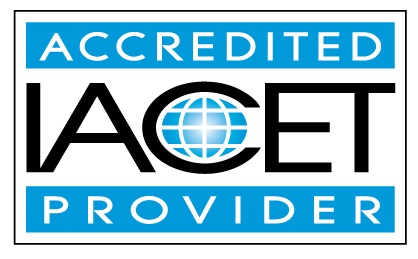Description
This course will highlight Medicare regulation and policies related to complex rehab that impact the ability for people with mobility limitations to receive CRT items and services that would improve their health outcomes, daily function, and quality of life. Specifically, the course will cover recent rules and policies related to CRT mobility, wheelchair seating, and wheelchair options and accessories. The course will discuss and assess strategies to bring about needed change. This course will also inform participants regarding ways they can be involved in ushering in meaningful change.
Learning Outcomes:
The participant will be able to describe 3 rules or policies that prevent access to CRT.
The participant will be able to describe scenarios where Medicare policies have a negative impact on non-Medicare beneficiaries.
Participants will be able to describe Medicare rules or policies that must not or are not required to be applied to Medicaid.
Ms. Stanley is Vice President of Government Relations for Sunrise Medical, a global manufacturer of complex rehabilitation technology (CRT). Ms. Stanley serves on the board, executive committee and Chair of the Regulatory Committee of the National Coalition for Assistive and Rehab Technology (NCART) and the board and executive committee of RESNA and is the Chair of RESNA’s Government Affairs Committee (GAC). In each of these roles, Ms. Stanley is passionate about improving access to CRT and promoting innovation. This requires in-depth knowledge of coding, coverage and payment policies for DME/CRT. In her various roles, Stanley has been involved in efforts to obtain CRT exemption from competitive bidding; she has chaired workgroups focused on modifying pricing methodologies, the HCPCS coding process and coverage of CRT items. Ms. Stanley is a NRRTS Fellow recognized by the assistive technology community for her regulatory expertise and efforts to ensure appropriate access to technology for people with disabilities.


